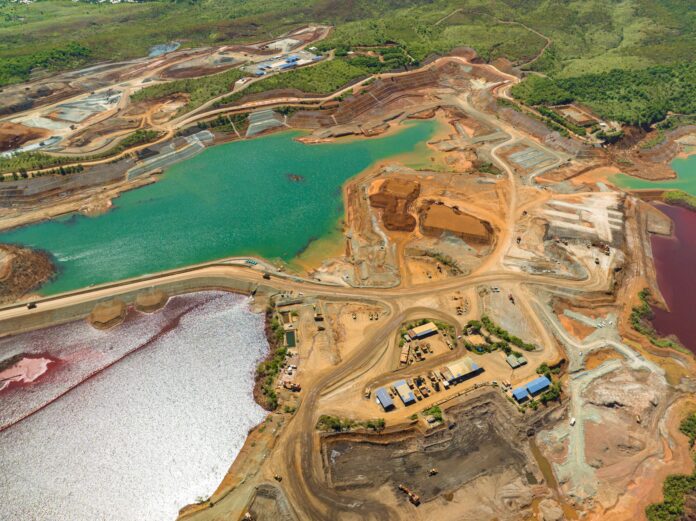The Philippine Nickel Industry Association (PNIA) remains optimistic about the local nickel sector’s production growth, forecasting a 10 to 15 percent increase in 2025, driven by continued global demand for stainless steel and favorable nickel prices. However, despite the promising outlook, the group has expressed concern over the potential negative economic impact of a proposed export ban on nickel ore.
PNIA president Dante Bravo acknowledged that the industry is facing challenges in achieving value-added processing (VAP) of minerals due to regulatory and business hurdles. A Senate bill pushing for an export ban to stimulate VAP development has raised alarm within the industry, with PNIA arguing that such a policy could lead to mine closures and job losses.
While the Philippines remains a key exporter of nickel ore to China, Indonesia, and Japan, the PNIA stresses the government must first create an enabling environment for investments and infrastructure development before implementing such sweeping policies.
The recent drop in production volumes, particularly in nickel direct shipping ore and scandium oxalate, reflects ongoing challenges in the sector, though the overall value of nickel ore production aggregated P71.05 billion in the first nine months of 2024.
With a growing global appetite for stainless steel, particularly from China, PNIA’s members are confident that local production will not be significantly impacted by US tariffs on steel and aluminum. However, the industry urges caution in pushing forward with the ore export ban without addressing critical support for VAP initiatives.







